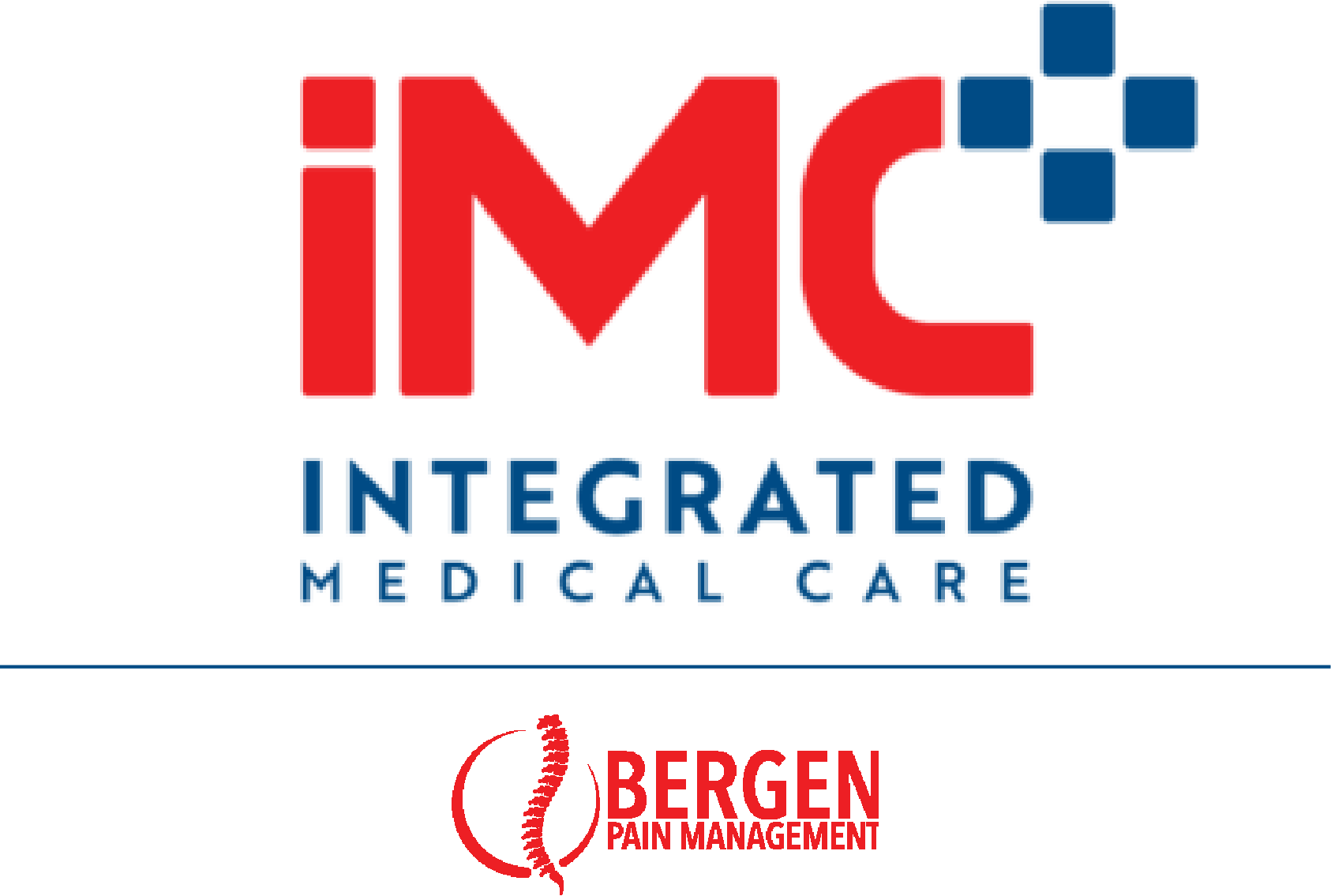Un-pinch and Unwind: Your Guide to Pinched Nerve Treatment for Back Pain
At times, living a normal life with any sort of low back pain can seem like an insurmountable challenge, but seeking pinched nerve treatment for pain doesn’t have to be. In fact, it can be easy.
Whether you’re experiencing sharp discomfort, tingling sensations, or muscle weakness, understanding the signs, and seeking appropriate treatment are pivotal steps towards reclaiming your quality of life. Let’s delve into the intricacies of pinched nerve diagnosis, management, and available treatments.
But before we get to treatments, there are five things you must know how to do first:
- Recognizing the Symptoms: An in-depth exploration of the hallmark signs of a pinched nerve, including pain, numbness, weakness, and burning sensations.
- Self-Assessment Techniques: Practical questions and considerations to help you evaluate whether you may be experiencing symptoms indicative of a pinched nerve.
- Importance of Seeking Medical Evaluation: Highlighting the critical need for professional evaluation and appropriate management to address symptoms and prevent complications.
- Common Medical Treatments: A comprehensive overview of medical interventions, including steroid injections, nerve blocks, minimally invasive procedures, and surgical interventions, tailored to alleviate pain and improve function.
- Expert Care at Bergen Pain Management: A glimpse into our patient-centered approach to pinched nerve treatment, emphasizing personalized care and comprehensive solutions tailored to your unique needs.
Join us as we embark on a journey towards relief and restoration. Together, let’s take the first step towards a life free from the constraints of back pain caused by a pinched nerve.
How to tell if you have a pinched nerve
A pinched nerve, medically known as nerve compression or radiculopathy, occurs when surrounding tissues compress one or more of the nerves in your spine. These tissues can be anything from bones and muscles to cartilage or tendons. Whether over time or all at once, this compression then disrupts the nerve’s normal function, leading to various symptoms that may require one form of pinched nerve treatment for back pain or another.
Symptoms of a pinched nerve typically include:
- Pain: Obviously, this is the most common symptom, and it can range from mild to severe. The pain may be sharp or dull, and it often radiates along the path of the affected nerve. For example, a pinched nerve in your lower back may cause pain to travel down the corresponding leg.
- Numbness or tingling: A lot of people experience sensations of numbness, tingling, or “pins and needles” in the area connected to the affected nerve. This sensation may come and go or persist over time.
- Weakness: Muscle weakness is also a common symptom and can occur in the area affected by the pinched nerve. This weakness might make it difficult to perform certain tasks or activities that involve those muscles.
- Burning or sharp sensations: Some people actually feel a burning or sharp sensation in the affected area, which can be quite uncomfortable. In our experience here at Bergen Pain Management, this is often a clear indicator.
Of course, the symptoms of a pinched nerve can vary depending on the exact location of the compression site and the specific nerve involved. However, the most common site is the spine (Such as in cases of sciatica).
A self-test to see if you need pinched nerve treatment for back pain
In terms of presentation, those with a pinched nerve may notice an onset of symptoms following certain activities or positions that exacerbate the compression. Some of these include sitting or standing for prolonged periods, repetitive movements, or awkward postures.
The impact of a pinched nerve on daily life can also be significant. Depending on the severity of symptoms, individuals may experience limitations in mobility, difficulty performing routine tasks, and disruptions to work or recreational activities.
So, ask yourself these questions. If you answer “Yes” to any of them, it might be time to start looking for treatment. But don’t worry. You’re not alone:
Do I experience pain that radiates from my back to other areas of my body?
– Pinched nerves in the back often cause pain that radiates along the path of the affected nerve, such as down the legs or into the arms.
Do I notice numbness or tingling sensations in my back or in other areas of my body?
– Pins and needles sensations or numbness in the back or extending into the limbs can indicate nerve compression.
Have I noticed weakness in my muscles, particularly in my legs or feet?
– Muscle weakness can be a sign of nerve compression affecting the motor function of the muscles.
Do certain movements or positions worsen my symptoms?
– Activities that exacerbate pain or discomfort, such as bending, lifting, or sitting for prolonged periods, may suggest a pinched nerve.
Have I experienced any recent injuries or trauma to my back?
– Injuries or trauma to the back can increase the risk of nerve compression.
Have I experienced any recent changes in sensation or motor function in my back or limbs?
– Sudden changes in sensation or motor function may indicate acute nerve compression and warrant prompt evaluation by a healthcare professional.
What to expect from pinched nerve treatment for back pain
When it comes time to address back pain resulting from a pinched nerve, you have several common medical treatments at your disposal. Each of them helps alleviate symptoms and improve the underlying condition, just in different ways. Excluding holistic approaches such as physical therapy and chiropractic care, the following are among the most commonly employed treatments:
Steroid Injections: Administered directly into the epidural space around the affected nerve root, epidural steroid injections deliver corticosteroids to reduce inflammation and alleviate pain.
Nerve Blocks: Or selective nerve root blocks are targeted injections of local anesthetics and corticosteroids are administered near the affected nerve root to temporarily block pain signals and reduce inflammation.
Minimally Invasive Procedures: A percutaneous discectomy is a minimally invasive procedure used to remove a portion of a herniated disc that is compressing a nerve root. It thereby relieves pressure and pain. Radiofrequency ablation is a procedure that uses heat generated by radiofrequency energy to disrupt nerve conduction in the affected area, also providing pain relief.
Surgical Intervention: In cases of severe or persistent symptoms, surgical removal of the herniated portion of a spinal disc may be necessary to alleviate pressure on the affected nerve in a discectomy procedure. Similarly, decompression surgeries such as laminectomies or laminotomies are performed to remove bone or tissue that is compressing the nerve root, providing relief from symptoms.
And all of this might seem like a lot. What’s most important is you start talking with a pain management professional who can point you in the right direction.
Pinched nerve treatment for back pain at Bergen Pain
Recognizing the symptoms of a pinched nerve in your back is crucial for timely intervention and effective management. From pain and numbness to weakness and tingling sensations, the manifestations of a pinched nerve can significantly impact your daily life. If you’ve noticed any of these symptoms or experienced exacerbation during specific activities, it may be time to seek medical evaluation.
At Bergen Pain Management, we understand the challenges a pinched nerve poses and offer comprehensive solutions tailored to your unique needs. It’s not about getting you in and out as fast as possible. Rather, it’s about getting to know you and helping you overcome this seemingly insurmountable challenge of getting back to a normal life.
Don’t let back pain from a pinched nerve dictate your life. Take the first step towards relief by scheduling a consultation with Bergen Pain Management today. Together, we can address your symptoms, alleviate your discomfort, and restore your quality of life.

